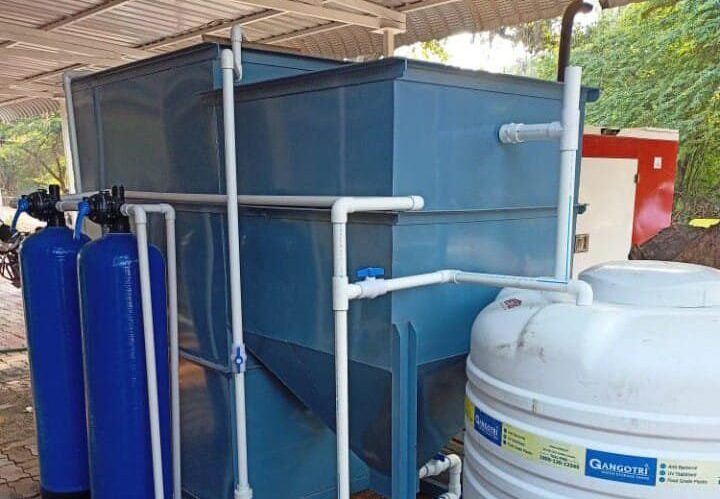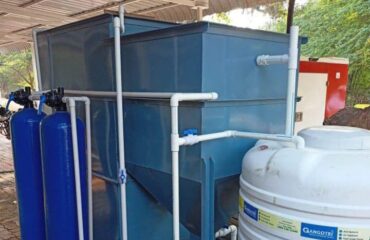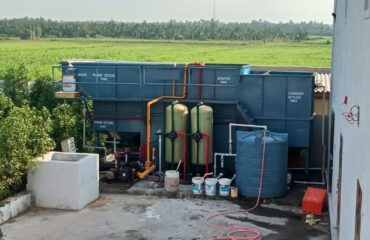Hospitals play a crucial role in providing healthcare services and saving lives. However, behind the scenes, hospitals generate a significant amount of wastewater that requires careful management and treatment. Recognizing the importance of sustainable water management in the healthcare sector, Amrita Water Solution, a leading manufacturer of water treatment plants, offers specialized Sewage Treatment Plants (STP) designed specifically for hospitals in Morena. With their expertise and advanced technologies, Amrita Water Solution is committed to ensuring clean and sustainable healthcare practices.
Hospitals generate diverse types of wastewater, including domestic sewage, sanitary waste, and wastewater from various medical procedures. This wastewater contains a wide range of contaminants, including organic matter, pathogens, pharmaceutical residues, and chemicals. Treating this wastewater is crucial not only to protect the environment but also to prevent the spread of diseases and maintain a safe and hygienic healthcare environment. Amrita Water Solution’s Sewage Treatment Plants (STP) effectively treat and purify the wastewater generated by hospitals, ensuring compliance with environmental regulations and promoting sustainable healthcare practices.
The STPs manufactured by Amrita Water Solution employ advanced treatment processes to remove impurities, contaminants, and harmful substances from the hospital wastewater. The treatment process begins with the primary stage, where solid particles and larger impurities are removed through mechanisms such as screening and sedimentation. This initial step reduces the solid content of the wastewater, making it more amenable to further treatment.
Next, the wastewater undergoes biological treatment, where specialized microorganisms are introduced to break down organic matter and degrade harmful substances present in the sewage. This biological process significantly reduces the organic content and microbial load of the wastewater, ensuring its safety before further treatment.
Amrita Water Solution’s STP plants also incorporate advanced chemical treatment processes to enhance the quality of the treated water. Chemical coagulation, flocculation, and disinfection methods are employed to remove remaining contaminants, suspended solids, and harmful microorganisms from the wastewater. These processes ensure that the treated water meets stringent regulatory standards before being discharged or reused.
One of the key advantages of Amrita Water Solution’s Sewage Treatment Plants for hospitals is their focus on sustainability. The company integrates energy-efficient components and systems into their plant designs, reducing energy consumption and minimizing the overall environmental impact. Moreover, they emphasize water reuse and recycling by implementing advanced filtration and disinfection processes, allowing the treated wastewater to be used for non-potable applications within the hospital premises, such as toilet flushing or irrigation. This sustainable approach not only conserves water resources but also reduces the demand for freshwater.
Amrita Water Solution takes great pride in their team of experts who ensure the smooth operation and maintenance of the Sewage Treatment Plants. Regular monitoring, timely maintenance, and technical support are integral parts of their services, ensuring the reliability and effectiveness of the treatment systems.
In conclusion, Amrita Water Solution’s Sewage Treatment Plants (STP) for hospitals in Morena are revolutionizing water management practices in the healthcare sector. By effectively treating and purifying the wastewater generated by hospitals, Amrita Water Solution helps healthcare facilities comply with regulations, protect the environment, and promote sustainable healthcare practices. Their customized solutions, advanced technologies, and commitment to sustainability make them the preferred choice for hospitals in Morena seeking reliable and efficient sewage treatment solutions. With Amrita Water Solution’s expertise, hospitals can focus on providing quality healthcare while ensuring a clean and sustainable environment for patients, staff, and the community.






